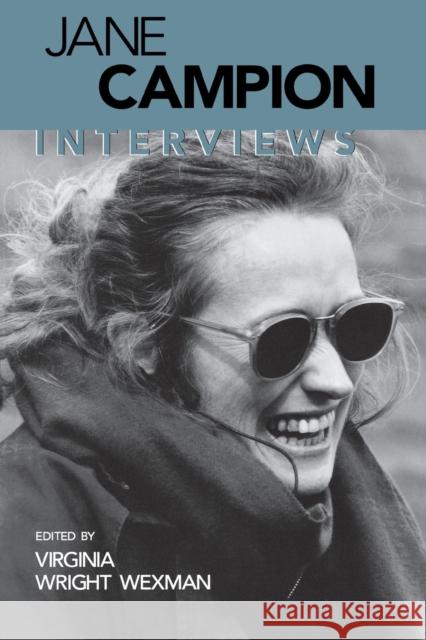Jane Campion: Interviews » książka
Jane Campion: Interviews
ISBN-13: 9781578060832 / Angielski / Miękka / 1999 / 248 str.
In outstanding films that are sharply focused on unusual women Jane Campion has gained worldwide admiration and respect. This New Zealand director first attracted international attention with her 1989 film Sweetie, an acerbic study of two sisters in a wildly dysfunctional family. She followed this in 1990 with the television miniseries An Angel at My Table, based on the autobiography of New Zealand author Janet Frame. Subsequently released in theatres, the film chronicles the early trials of the young writer. Poor, timid, and physically awkward, Frame was misdiagnosed as schizophrenic and was scheduled for a lobotomy, but her success as a writer enabled her to escape this fate and won her fame and acceptance. In 1993 in yet another story about an extraordinary woman, Campion made the award-winning film The Piano. It starred Holly Hunter as the Victorian mail-order bride who refuses to speak. Arriving in New Zealand with her young daughter, the young Scottish widow confronts isolation in the wilderness and communicates only via her piano until she finds real love in her husband's neighbor, played by Harvey Keitel. Campion next adapted Henry James's The Portrait of a Lady, starring Nicole Kidman as Isabel Archer, a young American heiress seduced by a decadent pair of expatriates living in Italy. In this collection of interviews Campion speaks of these films that have given women a revival as a strong screen presence. Campion tells of her early life in Wellington and of her training as a filmmaker in the 1980s at the Australian School of Film and Television. She speaks of those who have influenced her style and her experiences in making movies. Campion received the Academy Award for Best Original Screenplay in 1993 and was the first woman director to win the Palme d'Or at Cannes.











